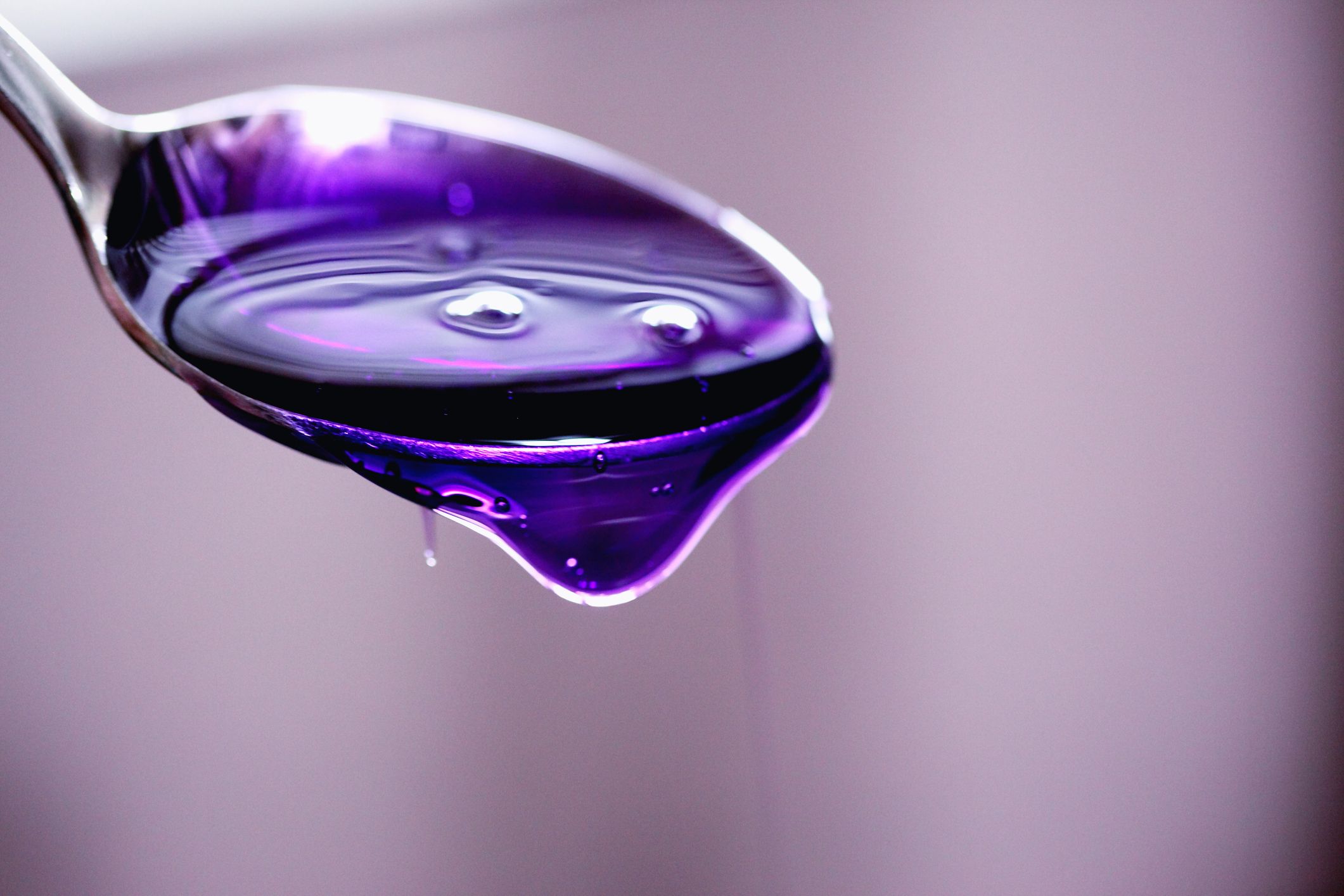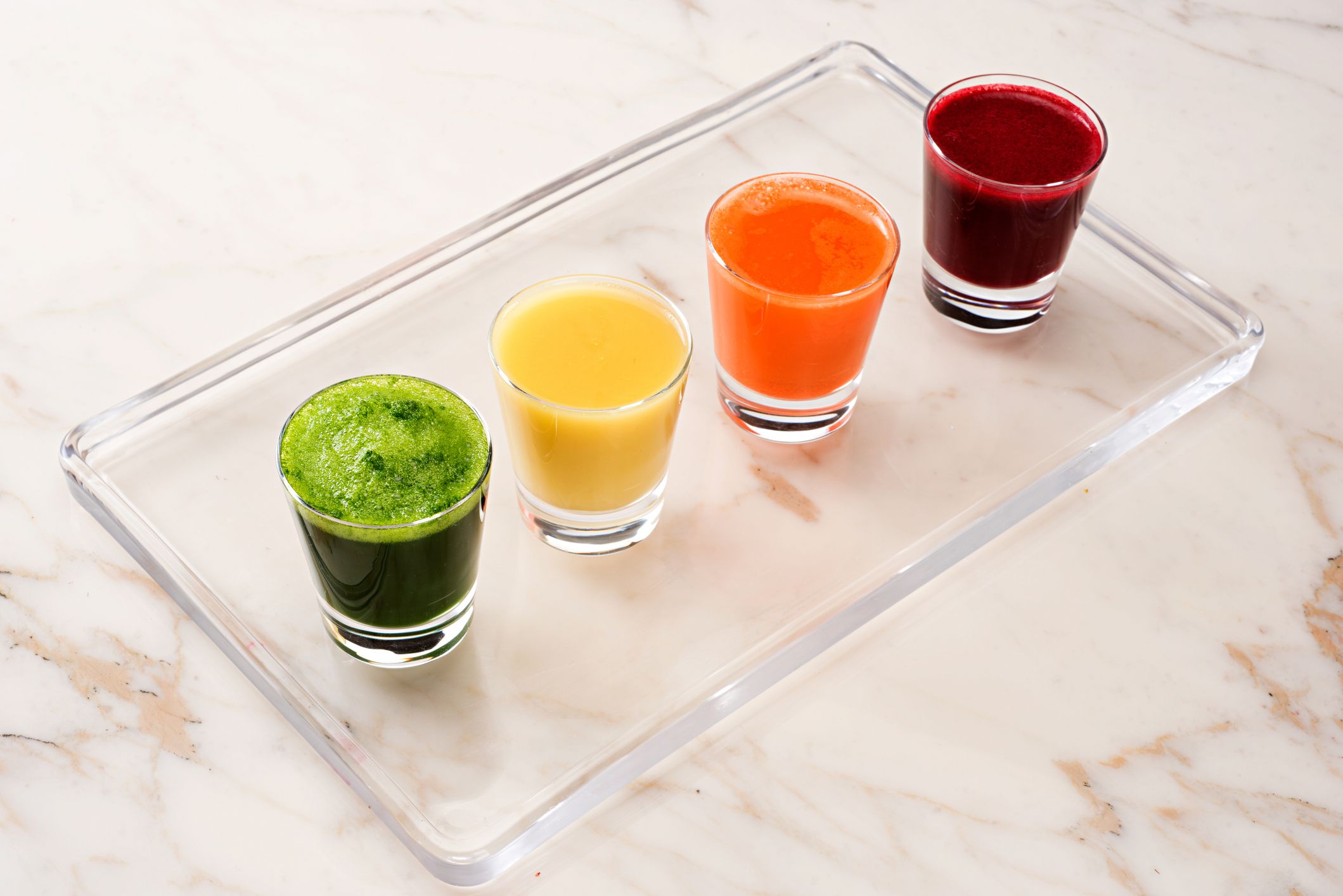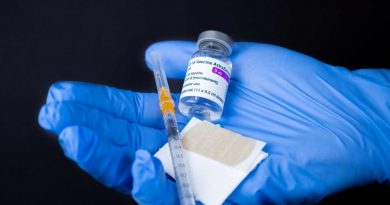Will Apple Cider Vinegar Cure My Cold?
Dealing with a cold can be downright unbearable. The sniffles, the congestion, the runny nose—it’s all pretty sucky. But the internet claims to have found your saving grace: apple cider vinegar for a cold.
Already touted as a daily digestion and overall health booster by celebs like Hilary Duff, Kourtney Kardashian and Jennifer Aniston, now the drink is getting a reputation as a cold remedy. But what do the experts say? Before you stock up on this acidic sip, read this to find out whether or not it can really get the job done.
Tell me: Can apple cider vinegar really help cure a cold?
First, here’s what people are claiming: Drinking a diluted solution of apple cider vinegar will supposedly change the body’s pH levels to create an alkaline environment (one that’s neutral in acidity) where bacteria and viruses cannot live.
Hang on, tho. There’s no scientific evidence to back up this claim, according to Nicholas Rowan, MD, a sinus surgeon at Johns Hopkins University. Though studies have looked the effects of ACV on bacteria outside of the body (did you know it has antibacterial properties that could prevent pimples?), Dr. Rowan says its effects on bad bacteria inside your body aren’t well known. Besides, upwards of 90 percent of colds are viral infections—not bacterial—which means nothing can really cure you, according to the CDC. You have to let colds run their course.
So are there *any* benefits of drinking apple cider vinegar for colds?
Drinking a warm and diluted solution of ACV may help with symptoms, says Dr. Rowan. “[The warmth] will make them feel better, it’ll loosen some of the mucus, like in their nose, their throat, and their mouth,” he explains. But again, ACV isn’t going to kill off your cold virus and magically make you healthy again.
Are there are side effects or risks of ingesting apple cider vinegar?
Unfortunately, yes. Side effects of overdoing it on the ACV can range from stomach upset, worsened acid reflux, lowered potassium levels, and throat burning.
Another common biggie worth noting is uncomfortable bloating. “Drinking apple cider vinegar delays stomach emptying,” says Amesh Adalja, MD, infectious disease specialist and senior scholar at Johns Hopkins Center for Health Security. And this can lead to some serious bloating, gas, and nausea.
So, should I try apple cider vinegar the next time I have a cold?
Dr. Adalja wouldn’t recommend it. While it may ease some of your cold symptoms, there’s simply not enough evidence that apple cider vinegar has any impact on the common cold itself, he says. And the viral infection will go away on its own.
As mentioned, though, drinking ACV might be worth it to someone who simply has the goal of soothing their symptoms. Again, since a warm solution of ACV can help loosen mucus or soothe the throat, it’s fine to sip on it when you have a cold (mucus clogs your nose and can worsen congestion or a sore throat, so the thinner it is, the less awful you’ll feel)—but don’t expect any miracles, adds Dr. Rowan. You can try mixing a little bit of ACV with some warm water, or add it to tea.



Dr. Rowan is also a fan of using a Neti Pot for sinus irrigation. Rinsing out the nose two to three times per day with a saline or saltwater solution will also help clear the mucus. He warns that it’s messy, but totally safe.
As for the pharmaceutical goods, Dr. Rowan suggests turning to over-the-counter nasal steroid sprays. “Recently these prescription medications have been made into over-the-counter medications because they’ve demonstrated such an excellent safety profile.”
He says, however, oral decongestants are pretty handy too, but only for a limited time. Overdoing it with these “can really adversely affect your heart and cause high blood pressure,” Dr. Rowan says. If your symptoms hang around for more than a week, go see your doctor.
Source: Read Full Article



